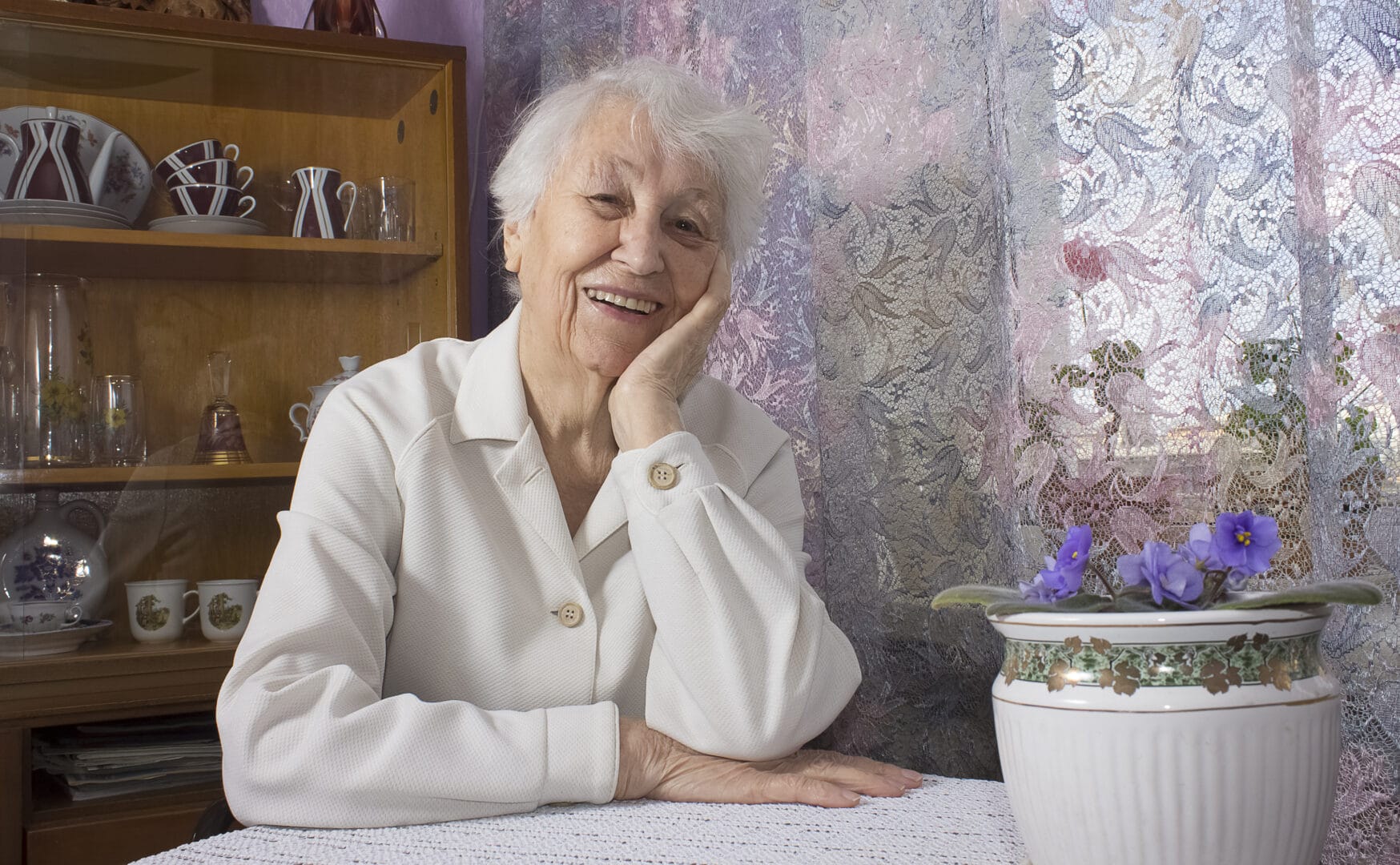Laughter is often considered the best medicine, and this adage holds true not just in lifting spirits but also in fostering significant health benefits. More than merely an emotional response to humor, laughter serves as a powerful therapeutic tool, especially pertinent for the elderly.
Incorporating humor into daily life can provide seniors with numerous physical and mental health benefits.
Physically, laughter helps relax muscles, lower stress hormones, and increase circulation, which can help prevent heart disease. Mentally, it enhances mood, increases resilience, and strengthens social bonds—all crucial elements for maintaining quality of life in senior years. Regular engagement with humor can transform the everyday experiences of seniors, turning routine activities into opportunities for joy and connection.
Psychological Benefits of Laughter for Seniors
Recognizing the profound significance of laughter in nurturing the mental well-being of seniors, we understand its transformative impact on mental health and cognitive vitality. Here's how laughter benefits seniors:
- Alleviating Anxiety and Depression: Laughter serves as a potent elixir, providing a beacon of light amidst life's complexities. Through the release of endorphins and neurotransmitters, laughter infuses joy and positivity into their lives, fostering emotional resilience.
- Enhancing Cognitive Functions: Additionally, laughter acts as a catalyst for enhancing cognitive functions. It promotes alertness, creativity, and memory retention, bolstering seniors' cognitive vitality.
- Strengthening Social Bonds: Within the fabric of daily life, laughter strengthens social bonds, fostering a sense of belonging and reducing feelings of isolation among seniors. Shared laughter ignites sparks of clarity and connection, enhancing interpersonal relationships and overall well-being.
Social Benefits of Laughter
Laughter holds a remarkable capacity to strengthen relationships and foster social interactions, particularly crucial for seniors who may often feel isolated. Here's how laughter benefits seniors socially:
- Enhanced Relationships: Laughter serves as a powerful bonding agent, weaving threads of connection among seniors. Shared laughter creates a sense of camaraderie and belonging, strengthening existing relationships and forging new ones. Whether through shared jokes, humorous anecdotes, or playful banter, laughter cultivates an atmosphere of warmth and connection, enriching seniors' social lives.
- Alleviating Social Isolation: For seniors who may experience feelings of isolation, laughter offers a lifeline to the outside world. Group activities infused with humor provide opportunities for seniors to come together, share laughter, and build meaningful connections. Laughter transcends barriers, bridging the gap between individuals and fostering a sense of community and belonging.
Humor in Senior Care
Integrating humor into daily activities and care routines can significantly enhance the well-being of seniors in living communities. Here are examples of how caregivers can infuse humor into senior care programs:
- Laughter Yoga Sessions: Organize regular laughter yoga sessions where seniors engage in laughter-inducing exercises and deep breathing techniques. These sessions not only promote physical health but also uplift spirits and foster a sense of joy and camaraderie among seniors.
- Funny Movie Nights: Host regular movie nights featuring classic comedies or lighthearted films that cater to seniors' tastes. Encourage your loved ones to gather together, enjoy popcorn, and share laughs while watching humorous movies. Discussion sessions afterward can further enhance interaction and connection.
- Humorous Book Clubs: Establish a book club focused on humorous literature, where seniors can explore comedic novels, memoirs, or short stories. Engaging in discussions about funny anecdotes and memorable characters not only stimulates the mind but also fosters a sense of community among book club members.
Tips for Incorporating More Laughter Into Daily Life
Incorporating more laughter into daily life is a simple yet powerful way to enhance the well-being of seniors and caregivers. This can be achieved by watching comedies like movies, sitcoms, or stand-up specials that infuse joy and laughter into everyday routines.
Sharing jokes or funny anecdotes with loved ones can also set a light-hearted tone for the day and strengthen bonds between family members and caregivers. Reminiscing about amusing family stories or cherished memories adds warmth and laughter to daily interactions, fostering a positive atmosphere.
Moreover, finding humor in everyday situations, even amidst life's challenges, can promote resilience and emotional well-being. Engaging in playful activities such as board games, puzzles, or creative arts and crafts further encourages relaxation and stress relief. Attending local comedy shows or events provides opportunities for laughter-filled experiences outside the home, offering a refreshing break from routine.
Finally, practicing laughter yoga or therapy techniques can release endorphins and reduce stress, contributing to both physical and emotional health. By embracing laughter as a valuable tool for coping with stress, strengthening connections, and finding joy in the small moments, seniors and caregivers can enrich their lives and cultivate a positive outlook.
Challenges and Considerations
When incorporating humor with seniors, particularly those with cognitive impairments like dementia, caregivers may encounter several challenges. These challenges include:
- Understanding and Appreciation: Seniors with cognitive impairments may not always understand or appreciate humor in the same way as others. Their ability to comprehend jokes or recognize humor may be limited, making it challenging to elicit laughter or positive responses.
- Risk of Misinterpretation: Humor, if not used sensitively, can be misunderstood or misinterpreted by seniors with cognitive impairments. Jokes or remarks that are intended to be light-hearted may unintentionally cause confusion, distress, or offense.
- Individual Preferences: Seniors have diverse preferences when it comes to humor. What one individual finds amusing may not resonate with another. Caregivers must be mindful of each senior's unique personality, background, and sense of humor when incorporating humor into care routines.
To overcome these challenges and ensure that humor is used sensitively and inclusively, caregivers can follow these guidelines:
- Know Your Audience: Understand the cognitive abilities and individual preferences of the seniors under your care. Tailor humor to suit their interests, cultural background, and personality.
- Use Gentle Humor: Opt for gentle, light-hearted humor that is unlikely to cause confusion or offense. Avoid sarcasm, irony, or jokes that may be misunderstood.
- Monitor Reactions: Pay close attention to the seniors' reactions when using humor. Look for signs of enjoyment, such as smiling, laughter, or positive engagement. If a joke or remark seems to cause confusion or distress, reassess and adjust accordingly.
- Respect Boundaries: Be respectful of each senior's boundaries and comfort levels. If a particular type of humor is not well-received or if it causes discomfort, refrain from using it in the future.
- Promote Inclusive Participation: Encourage inclusive participation by involving seniors in activities that incorporate humor in a non-threatening way, such as watching funny movies or engaging in light-hearted conversations.
Key Takeaways
Laughter stands as a potent elixir for seniors, offering a multifaceted approach to health and well-being. Physiologically, it relaxes muscles, enhances circulation, and releases endorphins, while emotionally, it boosts mood, resilience, and social connections. Recognizing these benefits, integrating humor into daily life becomes not just a source of joy, but a vital component of holistic care. By embracing laughter, seniors and caregivers alike can navigate life's challenges with greater ease, fostering happiness, vitality, and meaningful connections along the way.





